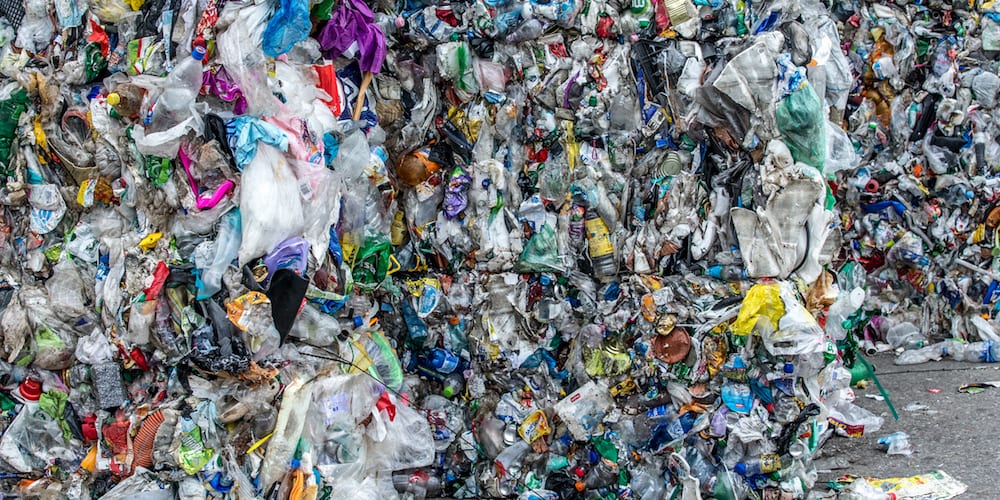In good news for the environment, Nestlé has recently announced plans to make 100 per cent of its packaging recyclable or reusable by 2025, thus reducing its reliance on single-use plastic.
Nestlé currently owns more than 2000 brands in over 150 countries, and are involved in everything from pet food to confectionery. In 2018 these brands collectively used 1.5 million tonnes of plastic packaging – a third of Nestlé’s total global packaging use – so the potential benefits of them all going plastic-free are huge.
Nestlé CEO Mark Schneider has said, “We want to be a leader in developing the most sustainable packaging solutions for our food and beverage products. To achieve this, we are enhancing our research capabilities to develop new packaging materials and solutions. Through this, we hope to address the growing packaging waste problem, in particular plastics.”
From February this year, Nestlé will follow in the footsteps of Starbucks and MacDonald’s UK and begin to eliminate all plastic straws from their products. They will also start rolling out paper packaging for Nesquik and Smarties in 2019, and Milo will introduce paper-based pouches in 2020.
Between 2020 and 2025, Nestlé has committed to phasing out any non-recyclable or “hand to recycle” plastics worldwide. That will mean the elimination of half a dozen different compounds found in plastic films, trays, printing inks, yoghurt pods, laminated paper cups and more.
In general, Nestlé will be looking to alternative materials like paper and innovative designs to reduce littering. To accomplish this, last December the company announced the creation of the Nestlé Institute of Packaging Sciences. At this development lab in Switzerland, Nestlé will explore new environmentally-friendly packaging solutions, such as recyclable polymers that are also biodegradable/compostable – which could be useful in places where recycling infrastructures are lacking.
Beyond this, Nestle also aims to stop plastic leakage into the environment across its global operations, to help avoid further accumulation of plastics in nature. In Indonesia, Nestlé has partnered with Project STOP, a leading initiative to prevent the leakage of plastic into the ocean by developing partnerships with cities and governments in Southeast Asia. Nestlé will take the learnings from this project to other areas where it operates, in an effort to deliver ‘plastic neutrality’ in those markets.







